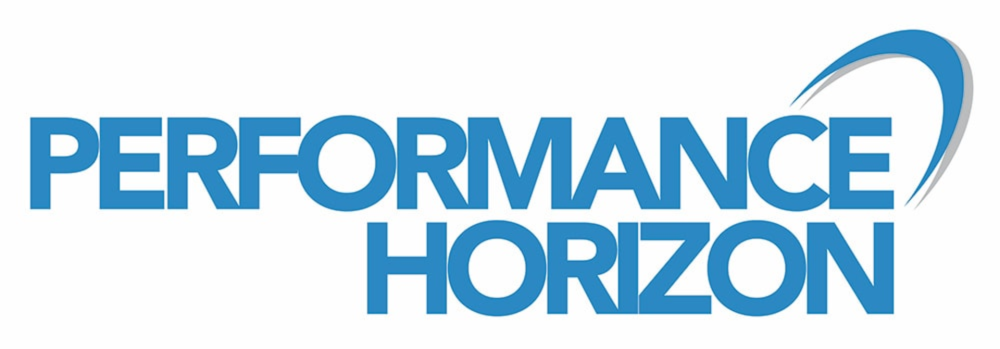“Most of our client base is large, global enterprises. They have plenty of traffic,” said Peter Cheyne, co-founder and CTO at Performance Horizon. Plenty of traffic means plenty of data for the algorithms to feed on.
The algorithms we were discussing are at the heart of the AI-powered predictive models the U.K.-based digital partner marketing provider is using to answer the marketer’s perennial question: As Cheyne puts it, “Where will I get the best bang for my buck.”
As I wrote back in 2015, Performance Horizon has been one of the vendors driving the evolution of what was once the affiliate marketing space. With brands partnering with brands (and advertisers with advertisers), “affiliate marketing” doesn’t really cover it any more — Cheyne gives the example of Open Table offering up a possible Uber booking to match a restaurant reservation. It’s a complex eco-system, but the good news for Performance Horizon is that seven years of activity has filled a deep data pool.
“We have over 45 billion data points since day one,” Cheyne said, noting that this included information on actual purchases: Performance Horizon not only tracks activity by partners, but calculates commissions based on sales. With that foundation, the decision was taken “to really embed AI in all our foundations.” Unusually, this meant in-house AI, and recruiting a data science team.
I asked whether Performance Horizon had considered partnering with a third-party AI provider. “We definitely did consider that,” said Cheyne. “But that means we farm out data, and they run a bunch of stock algorithms over it. We know our data better than anyone else. We write our own algorithms, which gives us a better output. We have four or five models, and when multiple models generate the same conclusion, you have accuracy.” To test the accuracy of the models, Performance Horizon feeds them sets of historic data and checks their predictions against what they know actually happened.
The aim is for the algorithms to predict the total number of sales for a client during a specified period “holistically,” then to break it down to a “per partner” sales prediction — “You do need a decent amount of data for this,” Cheyne emphasizes. This becomes actionable for Performance Horizon clients by providing insights into which partners will be most effective in upcoming campaigns. Clients can enlist and incentivize partners accordingly (this happens directly through a dashboard; Performance Horizon is not a “middle man” between client and partners).
The benefit to marketers working under budget constraints who want to see results from partner programs “uptrending” is clear. But there’s more. “There’s quite an interesting by-product,” Cheyne explained. “Inherently, human behavior is quite unpredictable. We went into this not knowing if it was going to be possible to predict behavior with decent accuracy.” It was indeed possible — but this means that “massive deviation,” as Cheyne puts it, from the models’ predictions means that something quite tangible is going wrong with the campaign. “If it’s up or down 300% on what we predicted…” he mused.
Not just prediction, then, but “anomaly detection” too: And the opportunity to correct in mid-stream.







